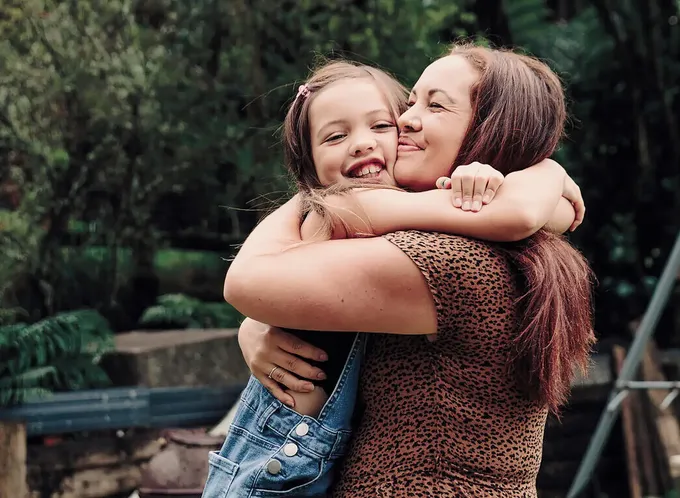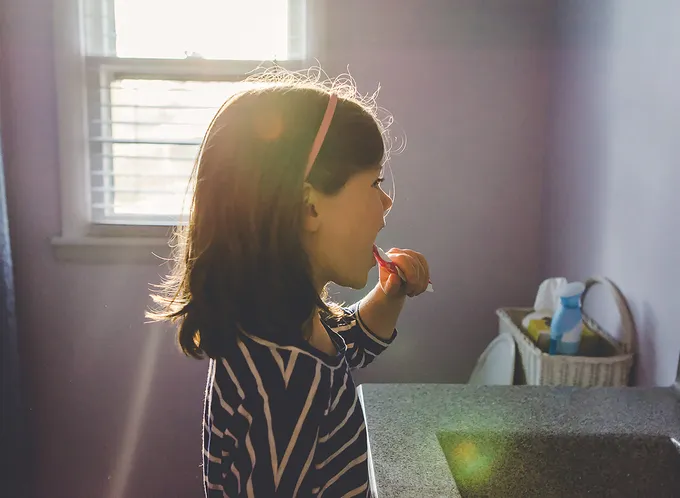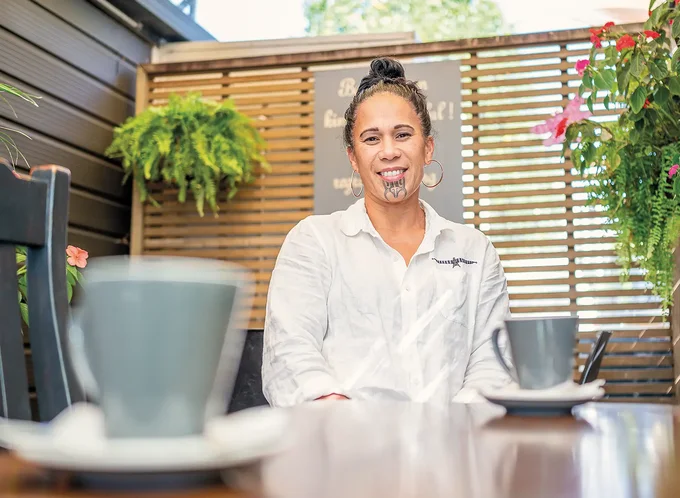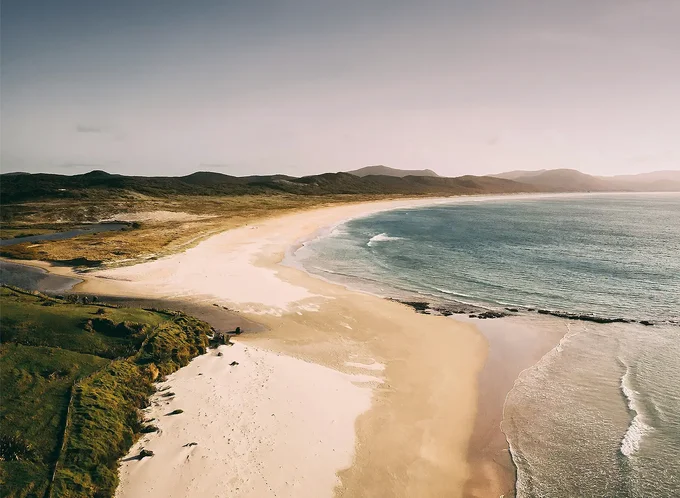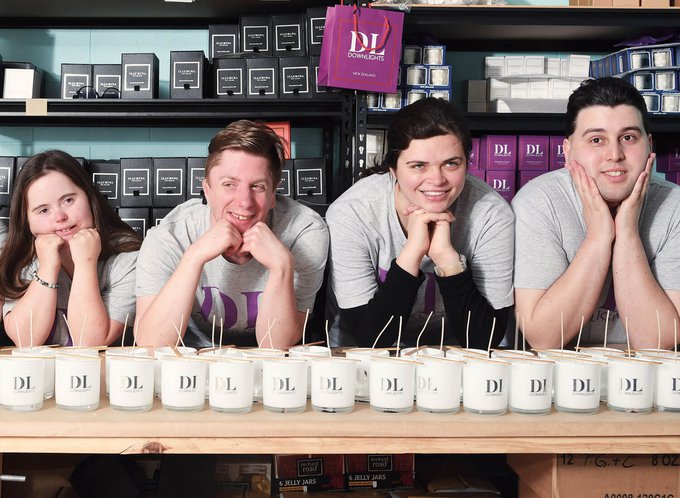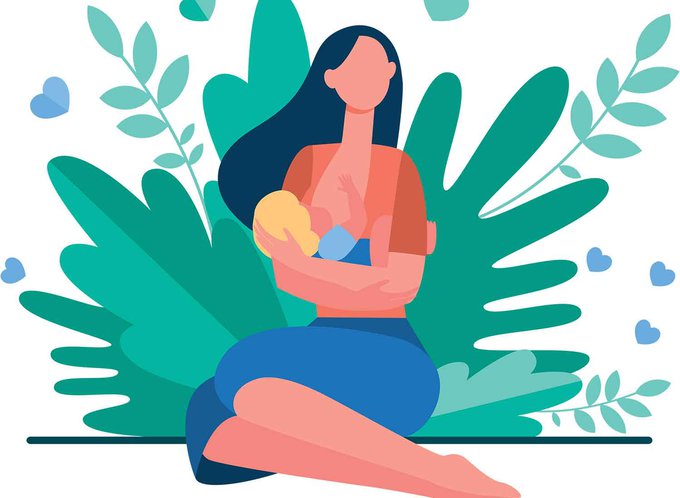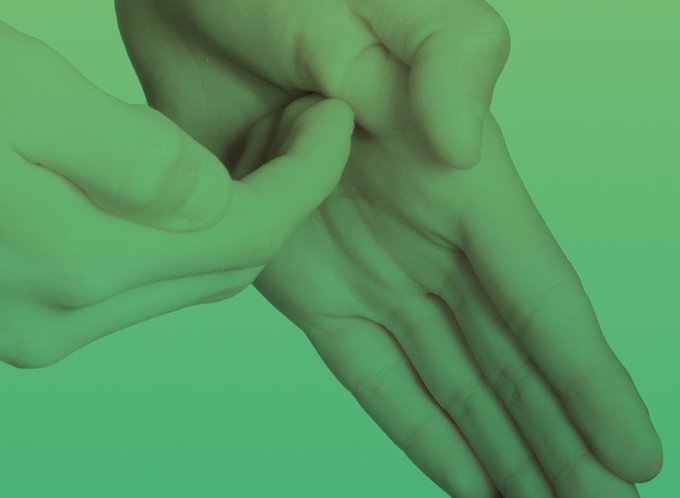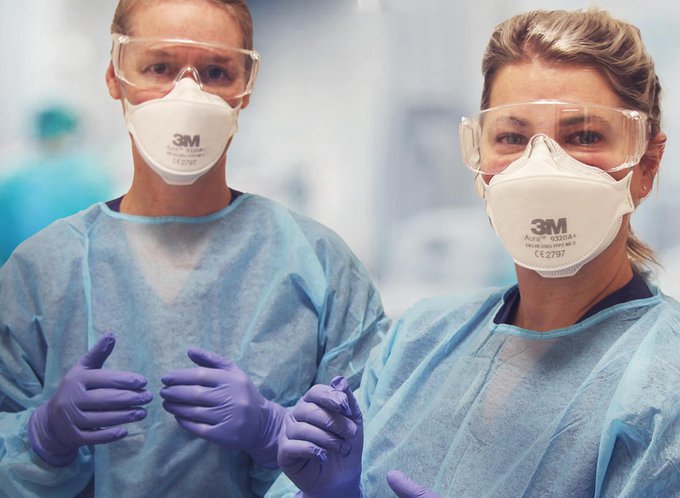MAS Foundation has partnered with Papatūānuku Support Services, a Rotorua-based community group helping whānau break free from intergenerational cycles of family harm. Its inspirational founder, Renee Kingi, talks about the personal journey that informed their whānau-centred approach to healing.
Renee Kingi grew up in what she calls a “broken family”.
Her normality was a mentally ill mother traumatised by intergenerational abuse in and out of institutions, with her father working extremely hard to provide for the whānau. Unordered chaos and endless emotional pain was all she had as a model for what family looked like. So, when she married a much older man at 19 and had 4 children, it seemed inevitable that the same cycles of helplessness and pain would continue. And for almost 10 years, that was her reality.
Renee (Kāti Māmoe, Ngāti Mahuta, Ngāti Moerewa) says she was lucky because she was strong. Reflecting on this difficult time of her life, she notes that many of the whānau she works with struggle to navigate similar situations, and she believes her strength to survive came from her mother. Realising life could be more for her and her children, she took them away from their father, found love with her partner of 17 years, Weranika Te Koru (Tūhourangi, Ngāti Tarawhai) and, from her new in-laws, started to learn about the healing power of functional whānau.
Today, Renee is a qualified social worker managing Rotorua’s Papatūānuku Support Services, an innovative social agency pioneering new ways to help whānau lift themselves out of the kind of life she was born into. Renee says her journey began when Weranika’s family embraced her.
“Weranika has a stable family who have not been through any type of trauma. And they’re all very much succeeding in life. When we met them, consistency came into play. Routine came into play. Before then, I never brushed my teeth, we didn’t have food. I didn’t think about food to eat. I only knew what I knew.”
Renee is dedicated to turning her own experiences into a system that can help others embark on a similar journey of self-discovery and healing through whānau.
Utilising life lessons, Māori health concepts such as Te Whare Tapa Whā and clinical knowledge gained in her social worker training, Renee is exploring new ways of breaking intergenerational cycles of family harm. She calls her emerging model Mauri Hiringa Taketake, and says it lies between standard clinical practices and a fully Māori kaupapa.
“There are clinical approaches. There are kaupapa Māori approaches. And then there’s us. Kind of in between. We take a kaupapa Māori approach, which is important. However, we incorporate the clinical side with qualified staff, staff with lived experience and staff with cultural knowledge. We have found a middle ground that seems to work really well.”
Central to Renee’s practice model is the use of wānanga – extended informal learning sessions where instructors and participants exchange knowledge in a range of different settings.
“A wānanga, for me, is a place to be and to grow. It’s a place where ideas are reciprocal – you will learn from me and I will learn from you. I’m not healing you, we’re growing together.”
MAS Foundation has partnered with Papatūānuku Support Services for 2 years’ funding at $118,000 per year for a new wānanga. Renee says this was integral to the organisation’s growth. The wānanga is called Te Ao Hou, or New Beginnings, and is delivered to whānau who have experienced generational trauma. The goal of Te Ao Hou wānanga is to strengthen individual life skills and whānau bonds so participants can grow as individuals and heal together as family.
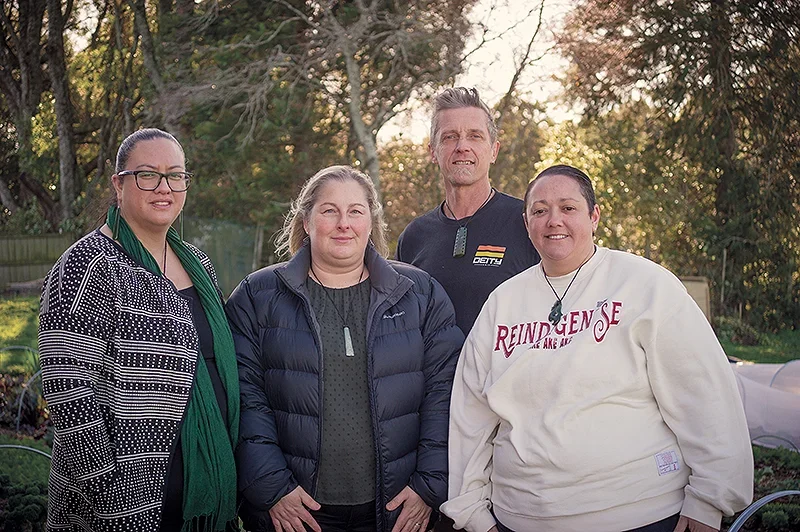
Papatūānuku Support Services co-founder Renee Kingi (left), with Julia Fonotia, Nick Chater and co-founder Weranika Te Koru. Photo by Trefor Ward.
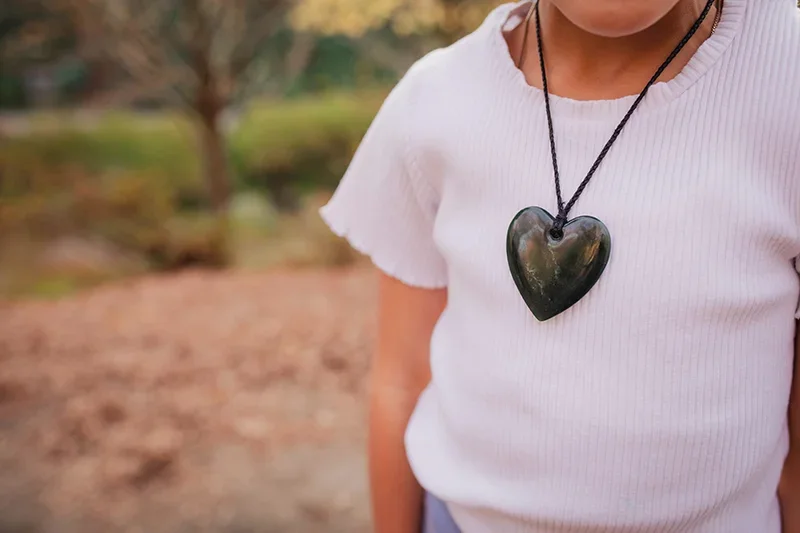
Initial referrals to Papatūānuku Support Services predominantly come from Rotorua Police following a family harm episode. Many agencies take a clinical approach, phoning or texting, and closing the file if they get no response, which is quite common as phone numbers can be wrong and can change often and whānau are transient. Pou Tiaki (workers) at Papatūānuku Support Services instead use various approaches to engage with whānau. They will phone, text and visit the home. They know that kai and whakapapa will help them get through the door and establish rapport with impacted whānau.
Understandably, initial engagements can be difficult. But the Papatūānuku Support Services way is to simply offer help without judgement and begin a long process of building trust. With a whānau-led approach, it’s about asking what they need and letting them guide the process.
Pou Tiaki will offer support to individuals in a range of areas. For couples, initial one-to-one work is conducted with each partner separately to ensure they have individualised support. The aim however, is to bring the couple together on Te Ao Hou wānanga, which is another thing that marks them as different from most other social service providers.
“We believe that providing couples a space to grow together will strengthen them enough to be able to make the decision about their future,” Renee says.
“With most clinical services, you work with the victim or the perpetrator or the child. And so you might have a tāne on a journey who is doing really well. He goes home feeling empowered, but his partner may not understand or may feel left out and they will continue fighting.
“We walk alongside them and strengthen them, either as individuals or as a whānau.”
Papatūānuku Support Services and Te Ao Hou programme is proudly supported by MAS Foundation.
Head of Foundation Dr Julie Wharewera-Mika says, “Papatūānuku Support Services embed a whanau-centred approach that integrates mātauranga Māori with Western knowledge systems to enhance wellbeing through community-led solutions. Te Ao Hou programme embraces a holistic approach, honouring Māori cultural knowledge while leveraging evidence-based practices, fostering resilience, empowerment and sustainable outcomes for whānau.”
Head of Foundation Mafi Funaki-Tahifote says, “Papatūānuku is a prime example of our value of ‘kia kaha, kia māia, kia manawanui (being bold, brave and steadfast) while Te Ao Hou (New Beginnings) wānanga puts into action our value of ‘whiria te tangata’ (weaving people together). Nāku te rourou, nāu te rourou, ka ora ai te iwi – with your food basket (contribution) and my food basket, the people will all prosper.”
Know someone who might enjoy this?
Read this next
-
November 2023
Old wisdom, new science
-
November 2023
Protecting pearly whites
-
April 2024
Aroha for the reo
-
April 2024
Helping whānau rise in the Far North
Greater good
See all-
March 2021
Candles for a cause
-
March 2021
Helping Kiwi babies thrive
-
March 2021
Creating a Deaf-inclusive Aotearoa
